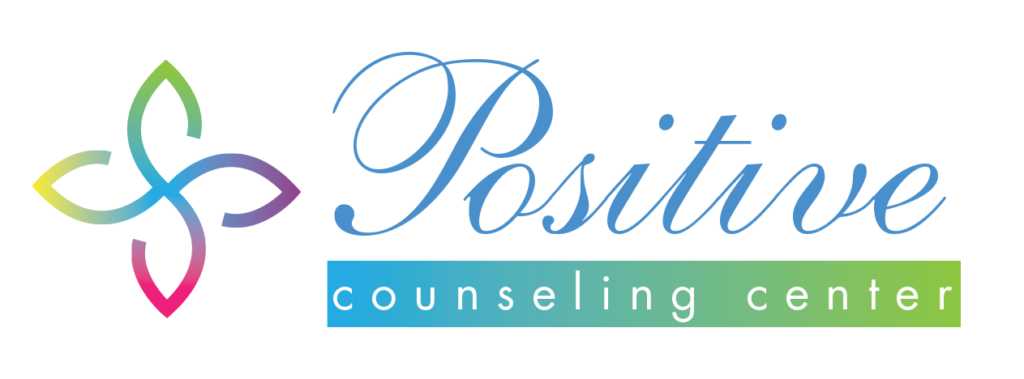Change is hard; there is no question about that. Making positive life changes may seem simple on the surface, but good intentions only go so far. Every day, people with noble ambitions fail in the shadows of daily ruts, habits, and negative behaviors. That is because change is not a single decision that one makes, but rather a series of stages that must be completed in order to achieve success. Whether you need to improve your health, take control of your finances, or put an end to bad habits, change is always possible.
The Transtheoretical Model of Behavior Change
To fully comprehend the process of change, it helps to first understand the transtheoretical model of behavior change. The model is based upon decades of research and is used by counselors, physicians, and other professionals all over the world. It breaks down the process of change into six stages:
- Pre-contemplation
- Contemplation
- Determination
- Action
- Maintenance
- Termination/Relapse

Each of the first five stages is a constant in the process by which a person modifies negative behaviors. One stage cannot be accomplished without successfully surpassing the previous stages. However, the sixth stage – relapse – is variable and may or may not occur at any point in the process.
Another variable is the amount of time a person spends in each stage. Those in early stages may be hindered and even delayed by complex, action-oriented efforts, as they are not mentally prepared for the task. On the other hand, those in latter stages may relapse or face resistance without an actionable plan that will facilitate progress.
Applying the Principles of Change
The stages of change may sound logical on paper, but applying them to your own personal life transitions is very different. By understanding the various phases that you will go through over time, you can put less emphasis on your failures and more emphasis on your readiness and willingness to change. In other words, success does not happen overnight.
Pre-Contemplation
Everyone begins here. It is the point in the change process in which change is not even an option or something to be considered. During this time, a person may either be in denial about a particular problem or otherwise given up on ever being successful due to so many failed attempts to change. A person in the pre-contemplation phase cannot be forced to make a change, but he can be motivated by knowledgeable information or the encouragement of a trusted friend, family member, or mentor. A person might require greater awareness about the long and short-term impact of negative behaviors in order to move to the next stage.
Contemplation
The contemplation stage is the point in which a person identifies that there is a problem behavior that needs to be addressed. During this time, it may be easy to recognize the benefits of change, but the challenges that come with change may lead to feelings of ambivalence and dissuasion. People in the contemplation stage must be motivated by the benefits of change more so than the perceived benefits of continuing with a negative behavior pattern. They may also benefit from acknowledging past and present successes, as well as the potential obstacles to success.
Preparation
The preparation phase is the bridge between thoughts and action. During this time, a person may dip their toes in the water with small changes or experiments with modified behaviors. For someone with an eating disorder, this might mean tasting a different type of food than would normally be acceptable. For someone who struggles with alcohol abuse, it might mean cutting back on alcohol consumption, but not eliminating it completely.
Action
The action phase is the one that most people want to jump into right away; yet it is only successful when the prior readiness stages have been completed. During the action phase, a person is actively replacing negative behaviors with more meaningful activities. They might make a public announcement to friends and family about their plans to change. Social and professional support are often key to success at this stage, as are intentional daily rituals designed to prevent relapse.
Maintenance
Maintenance – also known as relapse prevention – is the point at which a person has successfully implemented lifestyle changes and is now working to protect the results. It is important to continue setting goals and maintain support from others, as well as develop skills for relapse prevention.
Relapse
Relapse is a reoccurrence of the original problem. It is important to recognize that relapse is not necessarily failure, but rather an opportunity to learn and develop new problem-solving skills. A relapse does not mean a person must start the process of change over again, but rather must identify new solutions to obstacles as they arise.







